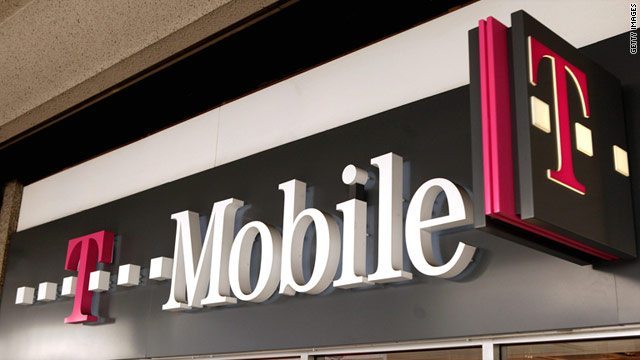
T-Mobile US Inc (NASDAQ:TMUS) has reported that it experienced a slight increase in the demand for customer data by the government in 2015.
T-Mobile issued the report during its latest transparency report which it released on Monday. The report also includes numbers from MetroPCS which the firm acquired in 2013. The telecommunications company reported that it revealed the data as a response to 372,461 requests made by its clients. According to T-Mobile’s report, there was a 6% rise in 2015 compared to the previous year. The report indicated that the firm responded to 17,424 warrants, 47,998 court orders, and 175,823 subpoenas.
In comparison with the numbers of other firms, AT&T Inc. (NYSE:T) reported that the overall number of requests it received was 287,980 while Verizon Communications Inc. (NYSE:VZ) had a total of 289,378 within the same period. T-Mobile also reported that it rejected about 70,000 requests due to reasons such as the lack of validity or requests related to other carriers. There were also other reasons that it did not disclose. Further details of the report indicated that the firm received zero and 499 secret requests in the first half and second half of 2015 respectively.
The numbers for 2015 were significantly lower than the 2,000 reported in 2013 and 2,250 in 2014. Most of the reporting restrictions are related to phone and tech and some of them include reports for the secret demands within numerical ranges. Some of the demands that take the form of subpoenas were not authorized by a judge but they still managed to convince the firms to give up data to national security organizations.
Some of the companies that received the letters related to national security matters are often prohibited from revealing the identity of the person whose data is requested. The slight rise in demand highlights the increase in the government desire for more control over the lives of American citizens on the pretext of terrorist threats. This year Apple Inc. (NASDAQ:AAPL) found itself in a stand-off with the FBI which demanded a back door into all iPhones when they could have simply hacked the one they needed fairly quickly, thus highlighting the increasing pressure that companies are facing when the government demands broad access to personal data.




